We were honoured to be approached earlier this year by Sarah MacDonald to write an article for The American Organist Magazine.


_____________________
Let all mortal flesh keep silence
In 2020 the world fell silent.
Silence has its place. Arguably it is the most important part of music, because it looks beyond itself, to the notes which follow. Think Bruckner’s Ave Maria, with the thrilling silence between each iteration of “Jesus”. Or the excitement of the resounding echo in the silence between each “Alleluia” in Bairstow’s Let all mortal flesh. But each silence is a moment which points to the music around it. In 2020 the music stopped, and that silence continued, and continued, and continued. The mortal flesh was kept silent.
As a choral singer, as organists, as musicians, it seemed like the music would never return and, if it did, would it ever be the same? Because we veiled our faces, and we stood with fear, and we lost not just the music, but everything that went with it.
The camaraderie, the friendship. The family.
We lost the fun.
The knowing glance when your deskmate finally gets the note right they had failed resolutely to manage in rehearsal. The post-service debrief dressing down. The moaning about that one hymn coming up again. The endless debates over which Wood in E Flat setting is better. (It’s No.2. Obviously.) The pub trip where the world is put to rights, the perfect Evensong devised, the latest gossip from friends at other churches, cathedrals, chapels devoured as hungrily as the pack of pork scratchings with your pint. All of this, the unspoken necessary catharsis to the changes and chances of this fleeting life: all of this was lost too.
And I missed it. I missed Handel and Howells of course, but I missed humour, too. I even missed hymns. Even that one hymn.
So I thought, fine: I’ll do it myself. I’ll bring that familiar sense of belonging we have as choral musicians, and share it. And so I created In quires and places where they meme, usually just referred to as Quire Memes, because it is a very silly, long name. It’s somewhere I can indulge my particular sense of humour with others who can consume it and say, “yes, that’s the very specific music world I know and love and miss”.
- I have no policy per se but, if I had to consider rules I subconsciously follow, they might be these:It has to be niche. We’re a community of people singing music written anytime between 500 years ago and last Tuesday morning; in buildings a thousand years old; with children who have never known anything other than life under a Tory government. We’re a really weird group, and I lean into that.
- It has to be relevant. This is vague: relevant could be something written centuries ago, but which is well-known, and some of us have sung recently. Or it could be a response to whatever political chaos is happening right now.
- It is, by and large, heartfelt. It’s not intended to be mean-spirited, or nasty, or punching down. It’s why I joke about John Rutter (we love you, John!) more than I do about things I actually don’t like. Because behind the ribbing, is respect. Behind the laughter, is love.
There really is no greater strategy behind this. I’m just one choral musician, making humorous content for other people who love choral music. I diversified the account into merchandise, with very much the same lack of strategy, and simple mindset: I’d wear niche clothing about choral music; maybe others would too. It keeps me in beer. (Which, as a choral singer, is of course very important.)
From a handful of followers when I started in August 2020, the brand has grown to (at the time of writing) over 10k followers across Facebook and Twitter. Posts range from the silly (Ryan Reynolds as choral music books) to the poignant (New “O antiphon” announced: “O micron”) to the delightful (Cathedral scholars singing my alternative words to Here is the Little Door). And, occasionally, not even a meme at all (marking the passing of Simon Preston).
The only other diversification was an inadvertent foray into political advice, when a (poorly-made) meme was seemingly (though never proven to be) taken literally by someone deep in the Welsh Government. They subsequently produced official advice indicating tenors spread the coronavirus more widely than other voice parts. The Welsh Government has since made up for this error by trebling the funding for music education across Wales.
What’s next? Well, this continues to be something I enjoy creating, and people enjoy consuming. And, while choirs are now singing again, and pubs are serving beer again, the appetite for specific jokes poking fun at the distinct lack of alto parts in Howells’ music, or setting national news stories to psalm chants, continues undiminished. There is more to come.
In a world where we were cut off, isolated, and silenced, my hope was that the account, in some small way, brought people together, connected them, and gave a voice to a familiar community. A community that extends beyond the individual choirs with whom we were prevented from singing, to a larger group of people who find weirdly specifically niche memes as funny as I do. My continued hope is simply to enable people to both “laugh and sing” (inevitably, Psalm 65).
And we sing exultingly the hymn - yes, even that one hymn - Alleluia!




1 comment
Thanks Tim – really enjoyed this article!
I hope StJohn the Baptist (school and church) Keynsham is still supplying quality choristers for you since I left. The school discontinued the school choir and weekly singing assemblies I set up, so I hope the new DofM (Sam Shackleton) has picked up the baton: samshackleton@keynshamparish.org.uk
With a new head teacher, I expect they will be receptive to your approaches in the next round of Year4 recruiting.